Leadership and Management: Service Industries Report Analysis
VerifiedAdded on 2023/01/23
|21
|1482
|29
Report
AI Summary
This report provides a detailed analysis of leadership and management within the service industry, focusing on the application of classical management theories, organizational culture, and various leadership styles. It examines the behavioral, contingency, and administrative theories, and explores Handy's theory of organizational culture, including power, role, and person cultures. The report outlines the roles of leaders and managers, specifically highlighting the democratic leadership style and its advantages. Furthermore, it discusses different management and leadership styles such as autocratic, democratic, and laissez-faire, providing advantages and disadvantages of each. The report concludes by assessing the influence of technology on leadership and management activities, and emphasizes the importance of adapting to market trends. The analysis supports the implementation of democratic leadership for increased employee satisfaction and organizational success.
1 out of 21
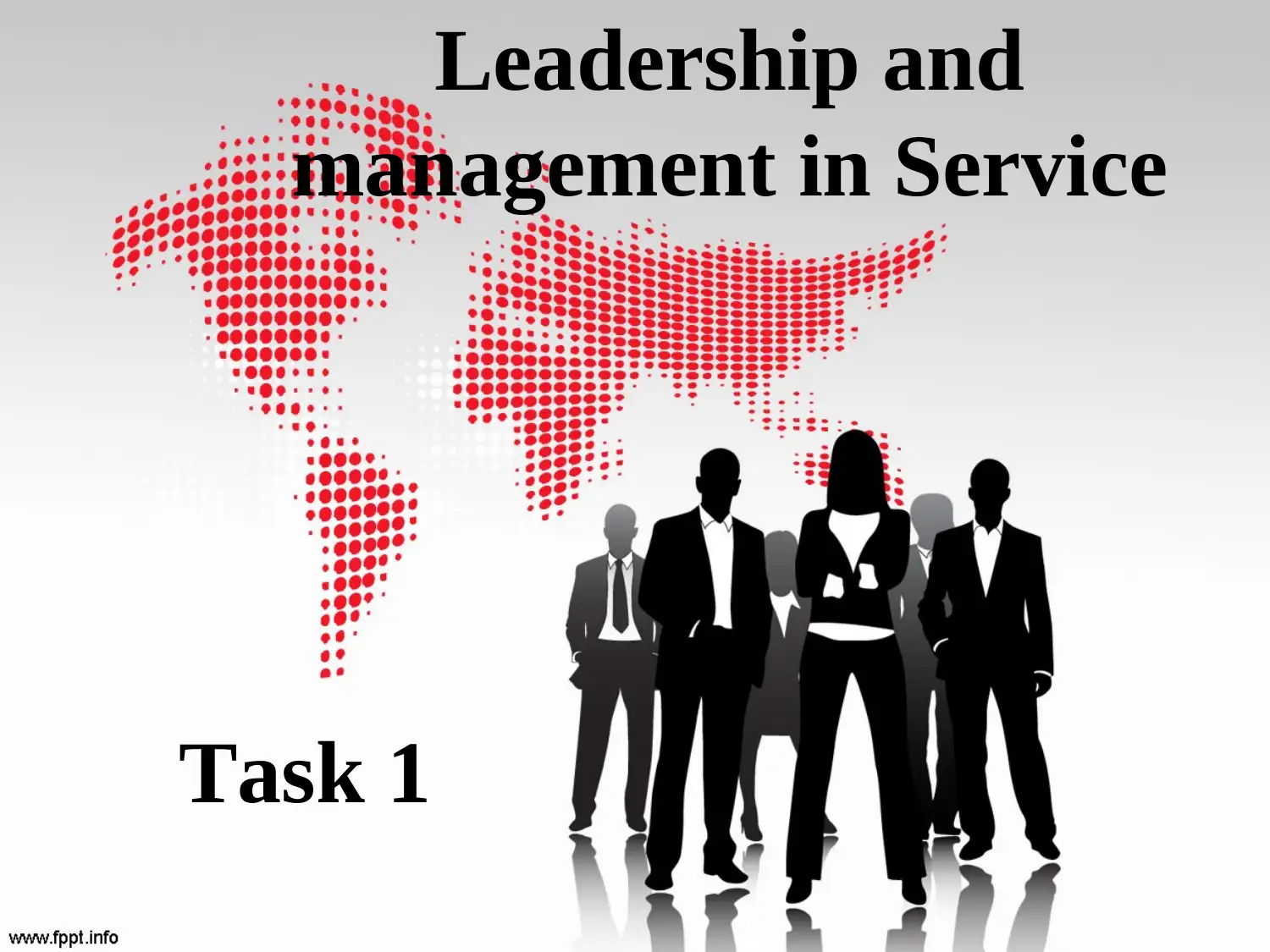
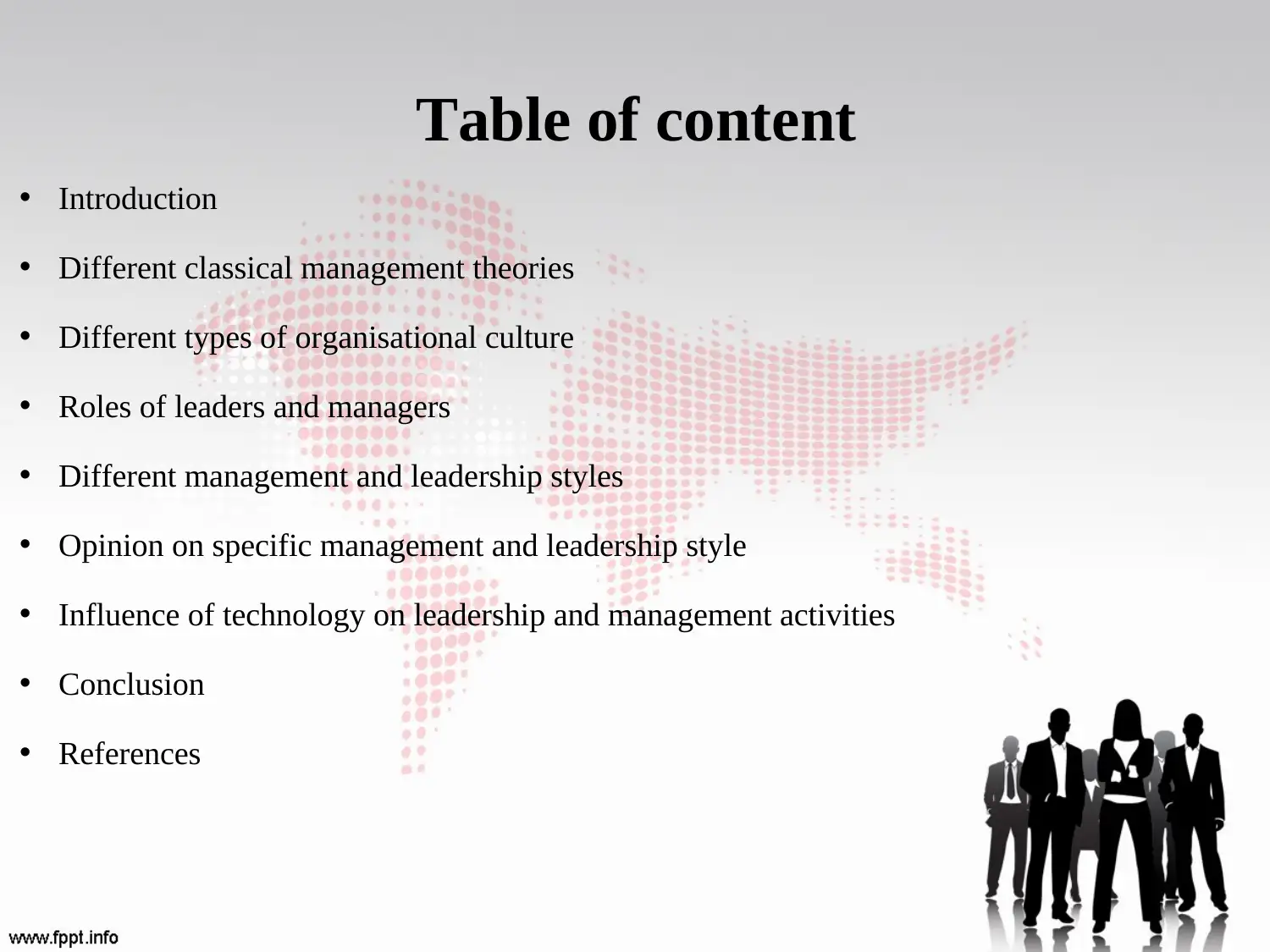
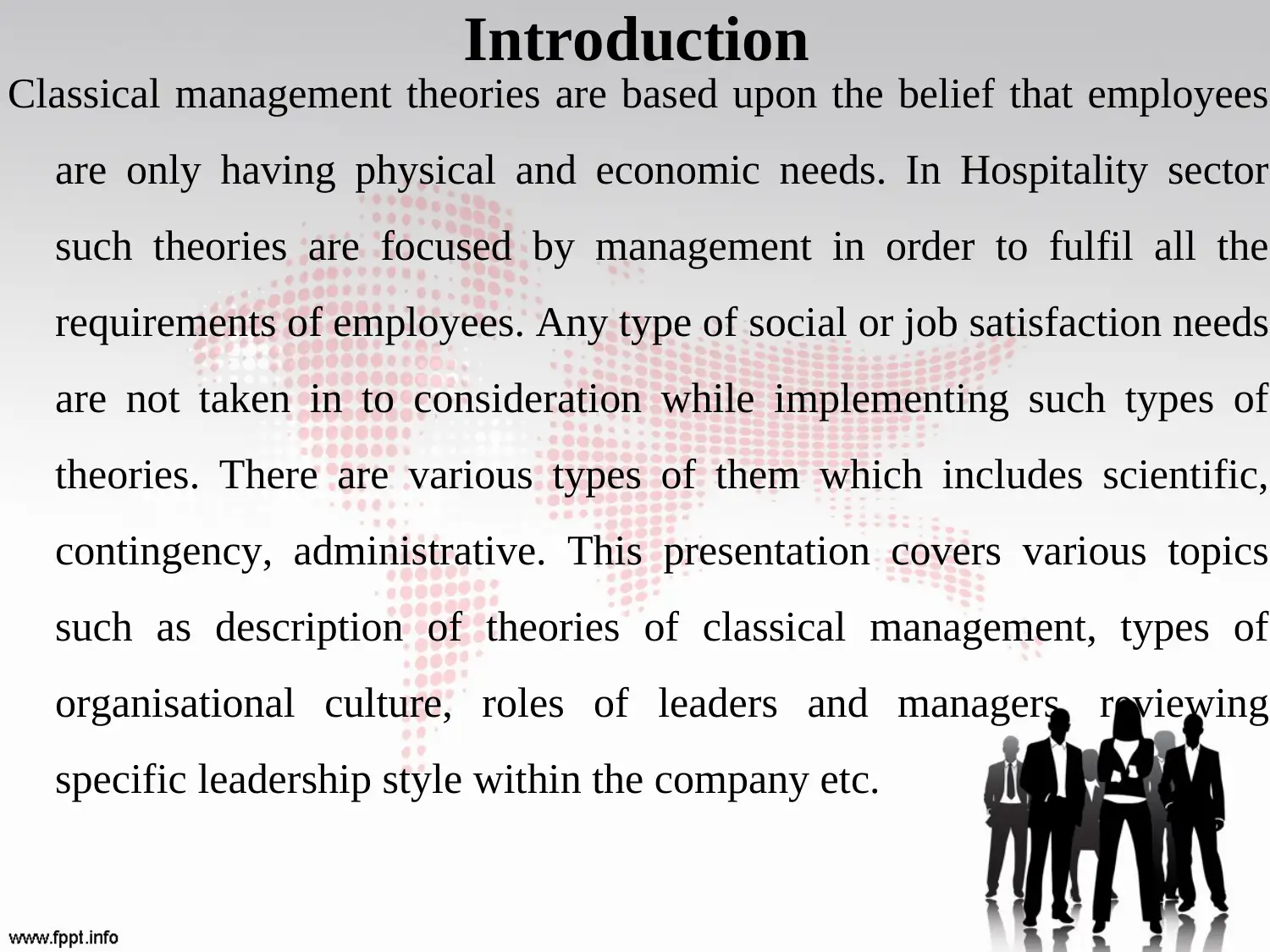

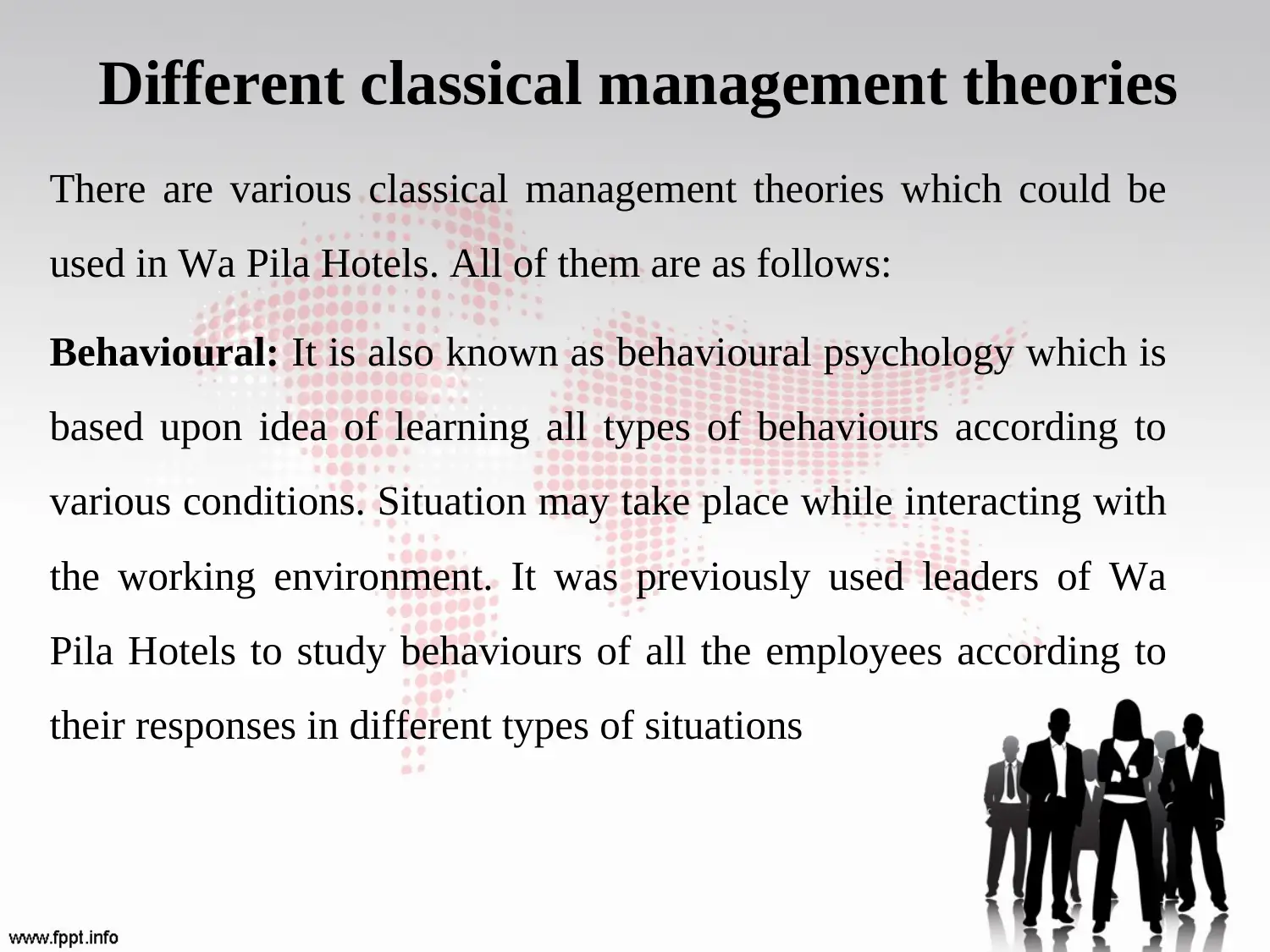
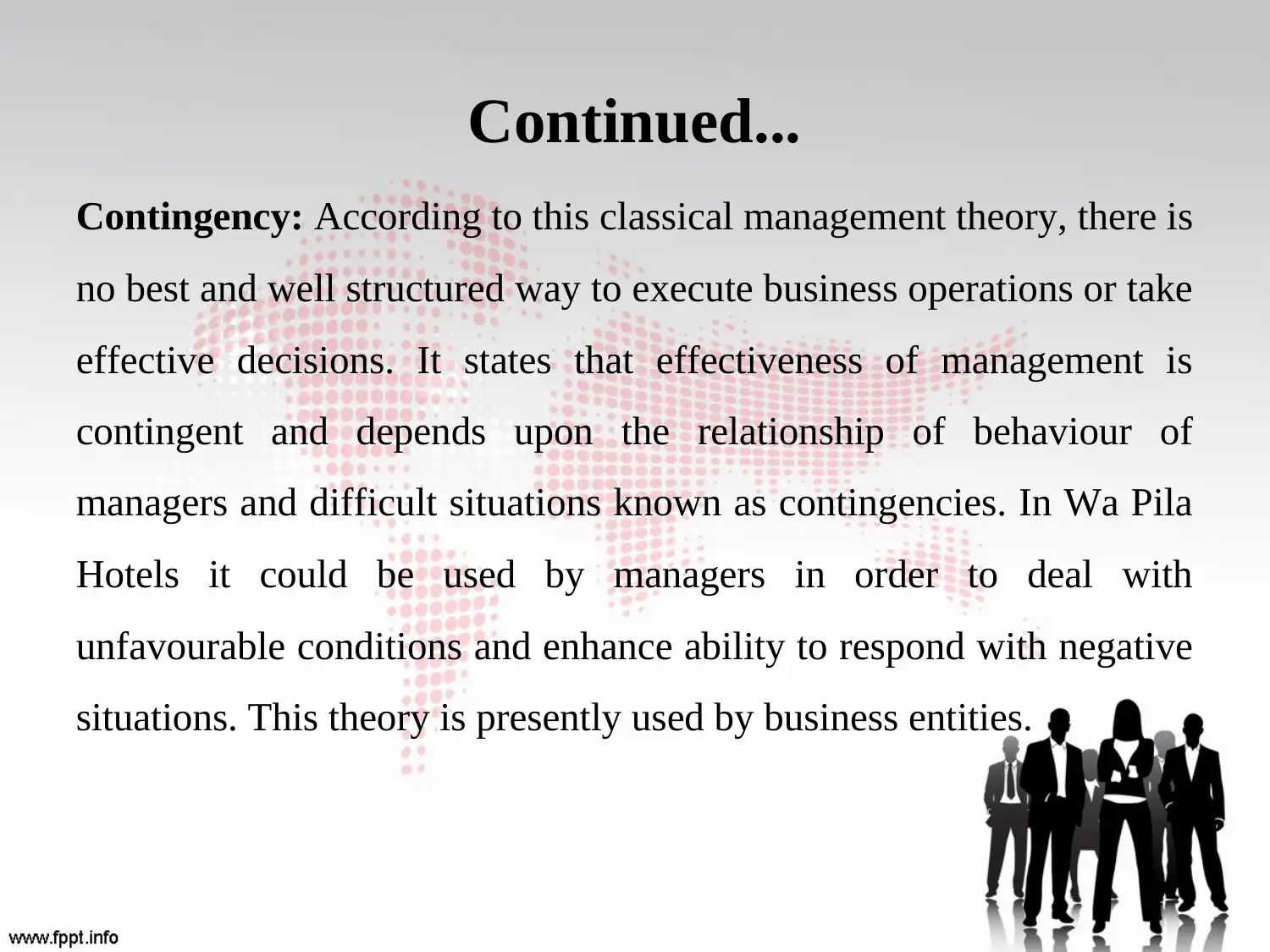
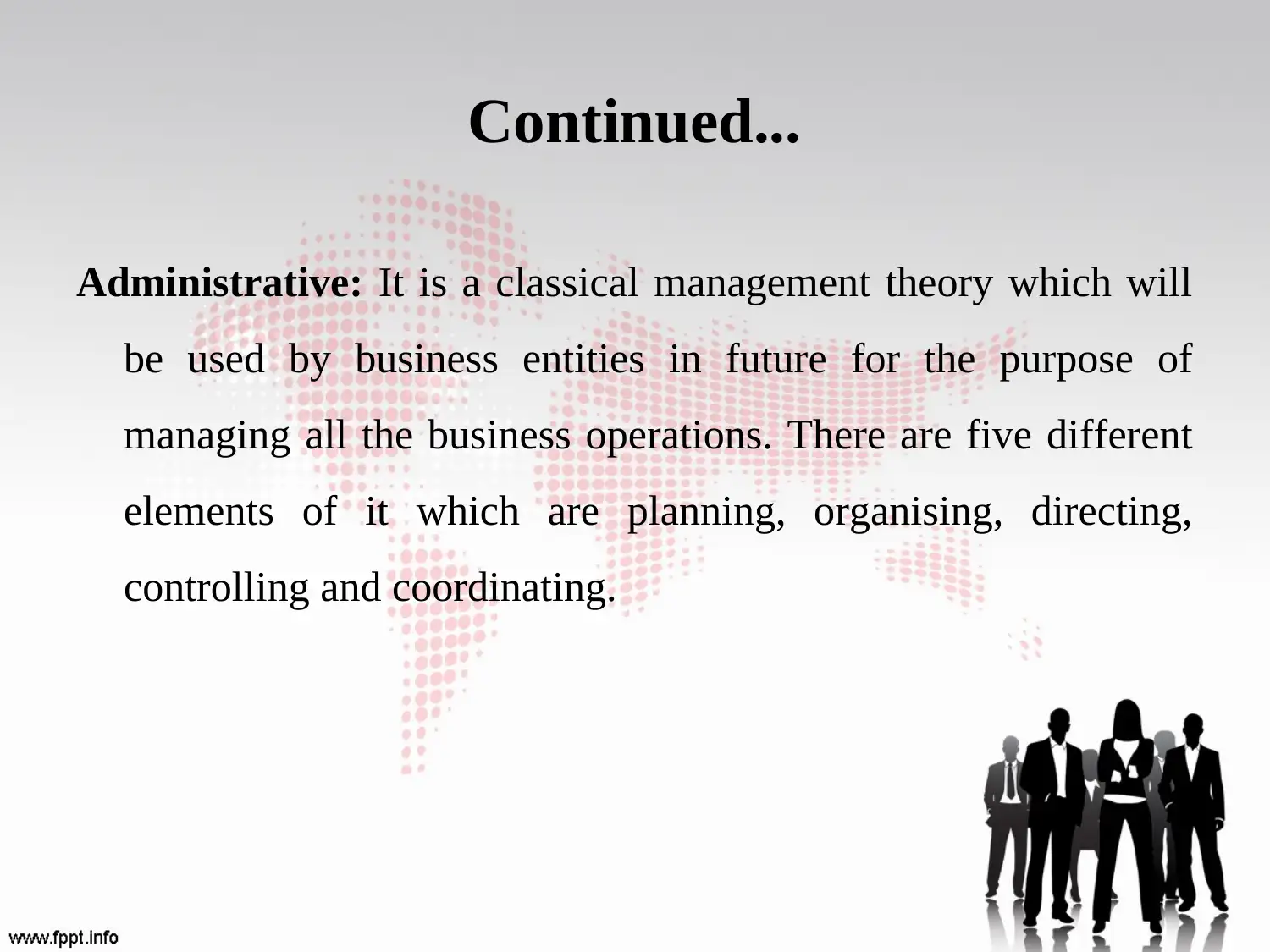
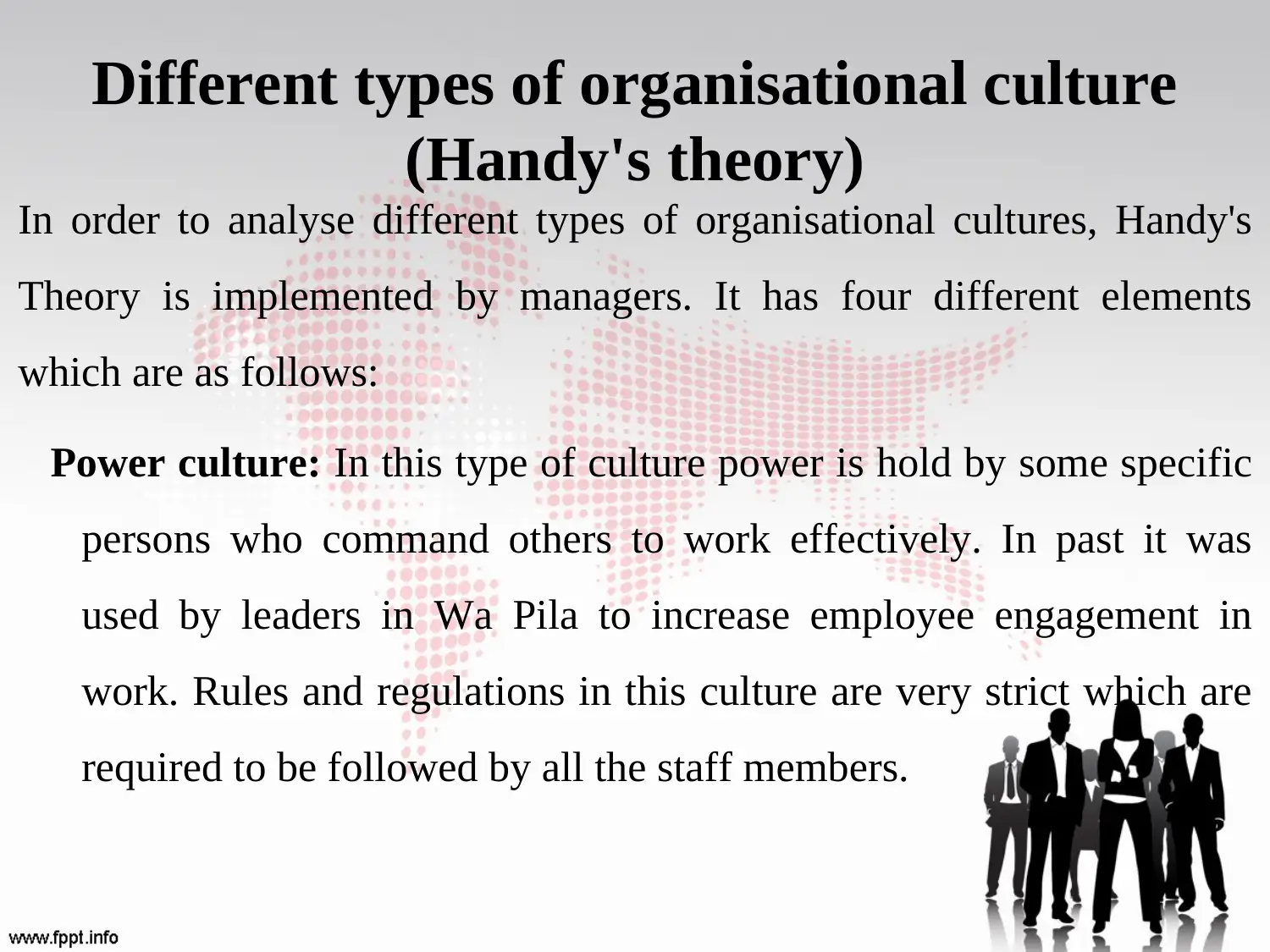
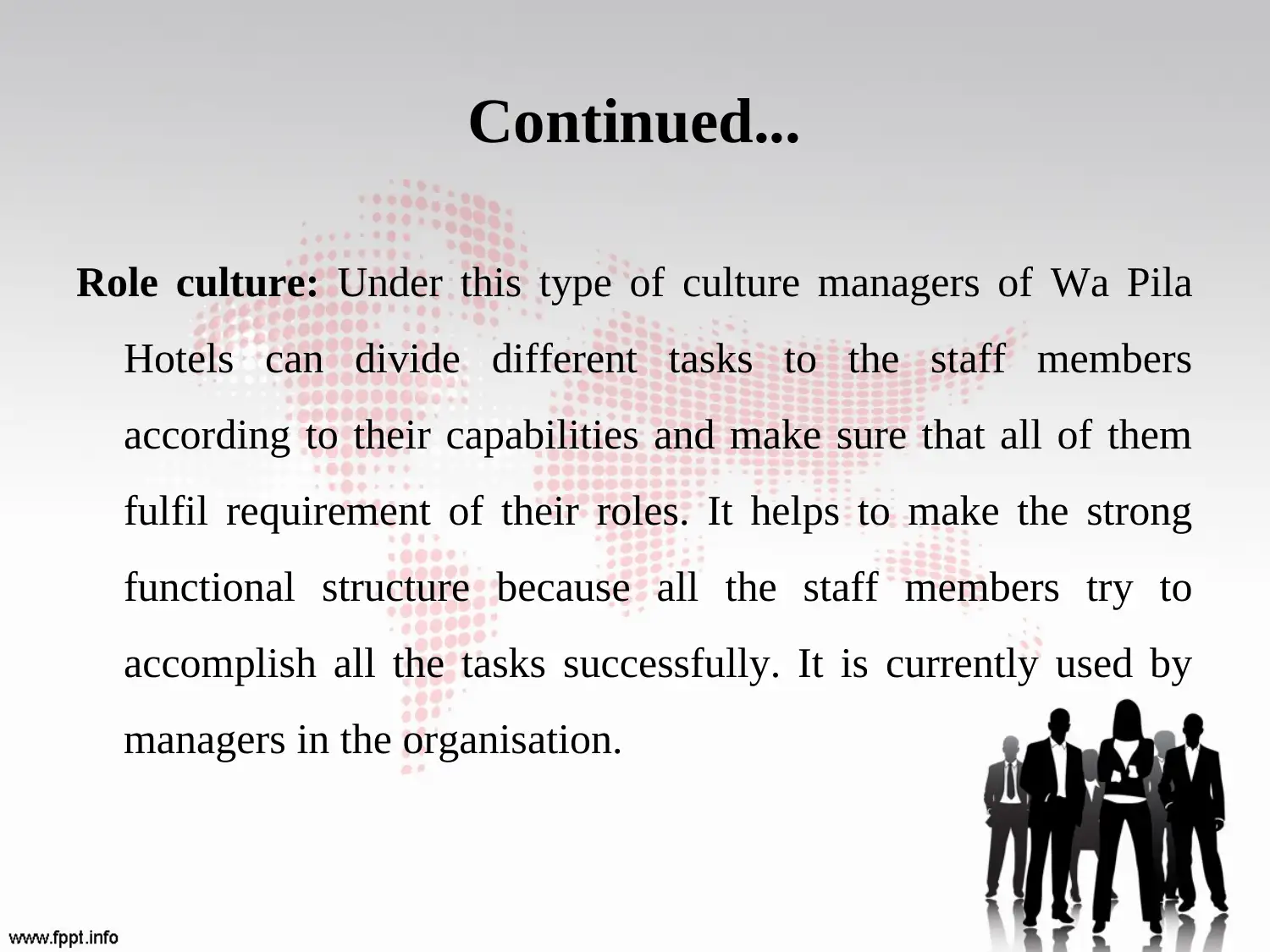
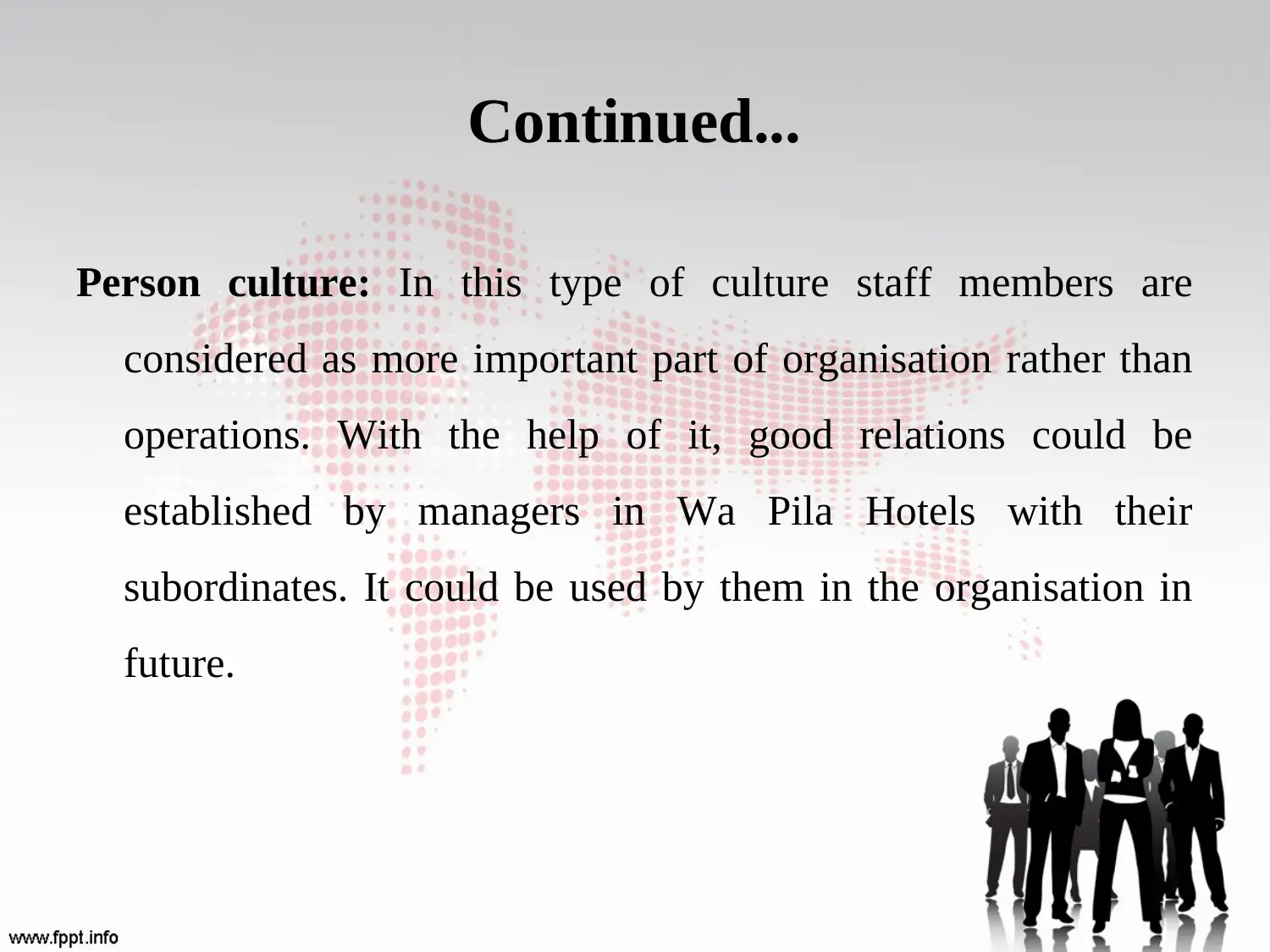
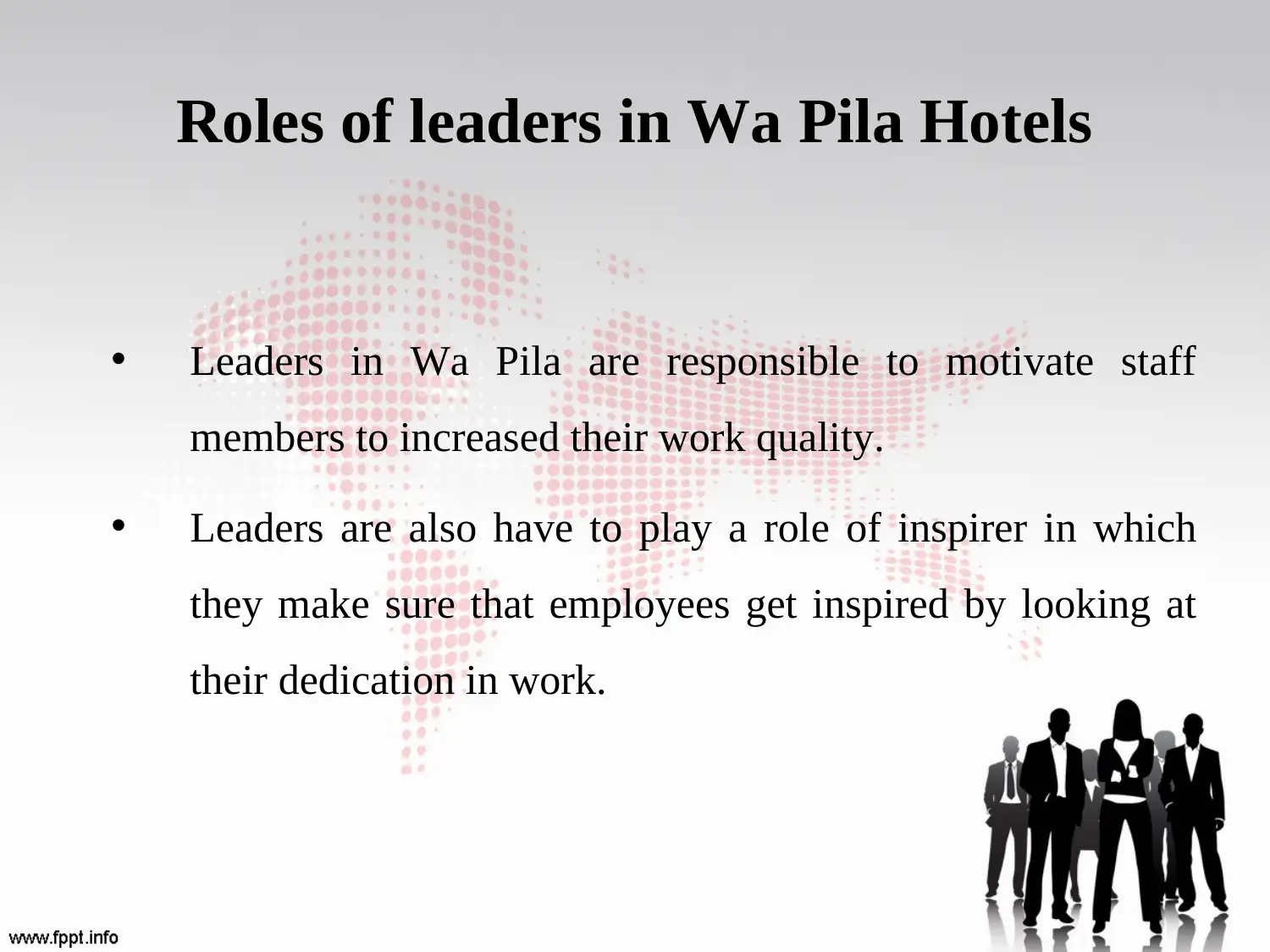
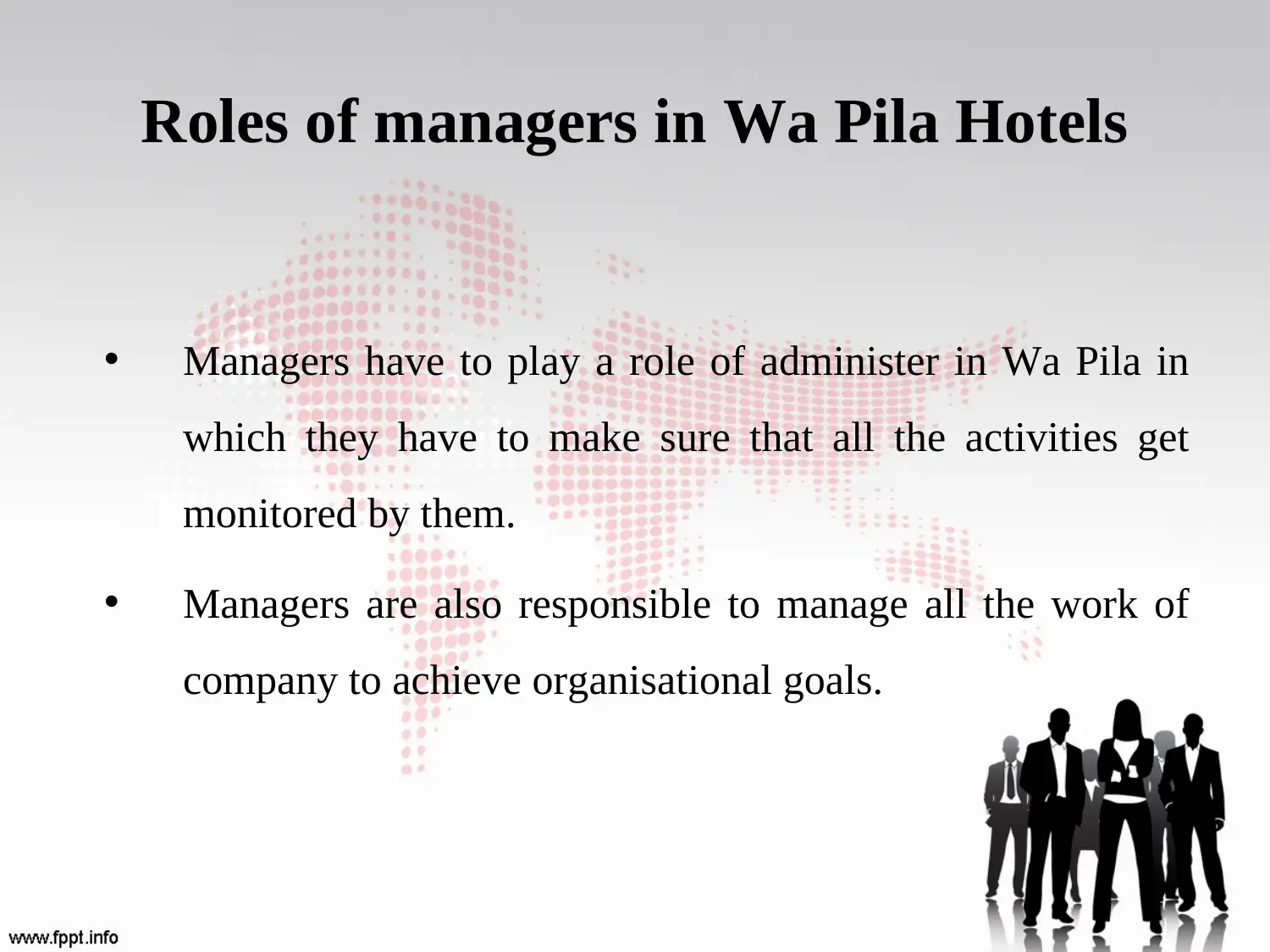
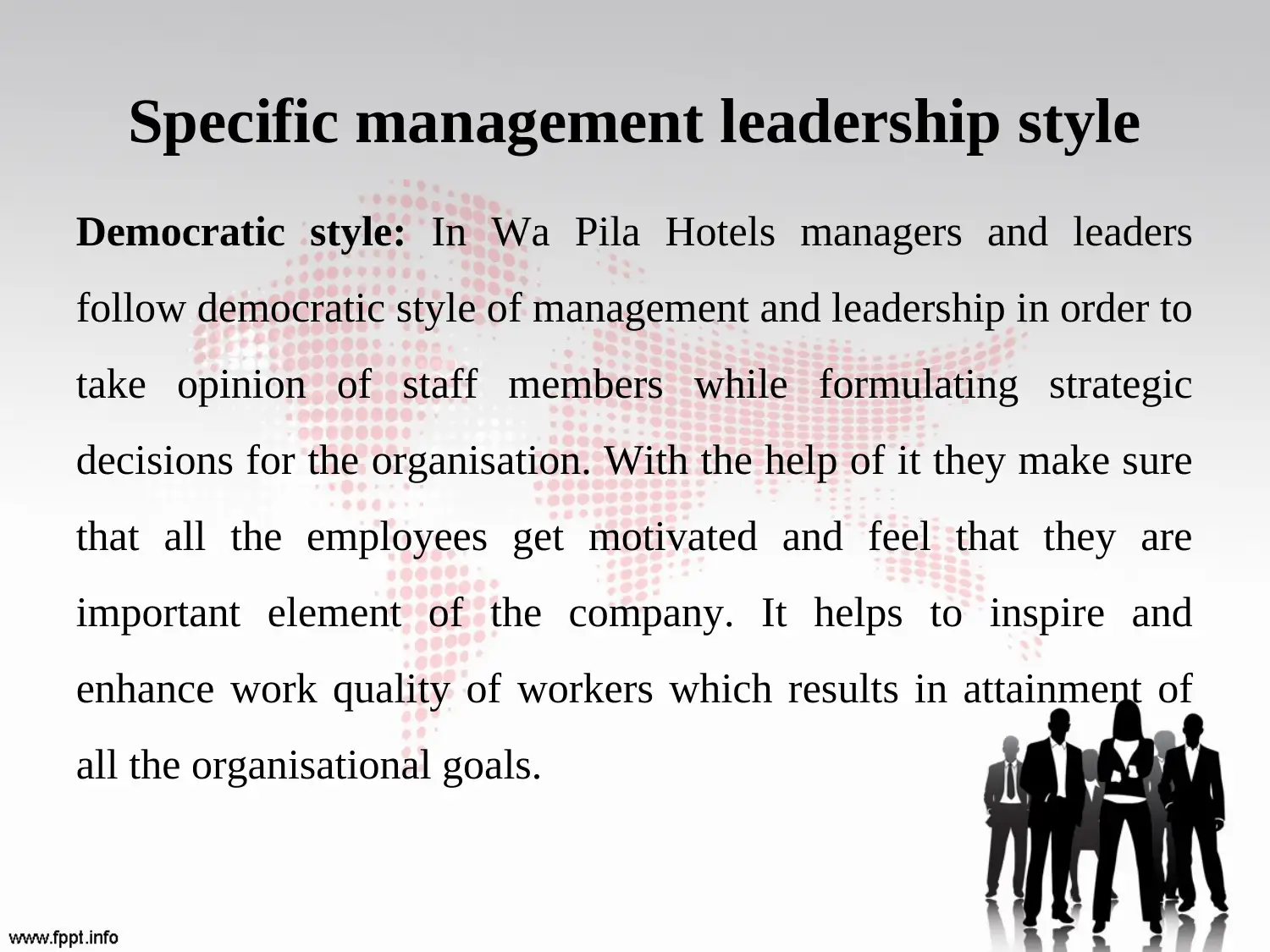






![[object Object]](/_next/static/media/star-bottom.7253800d.svg)